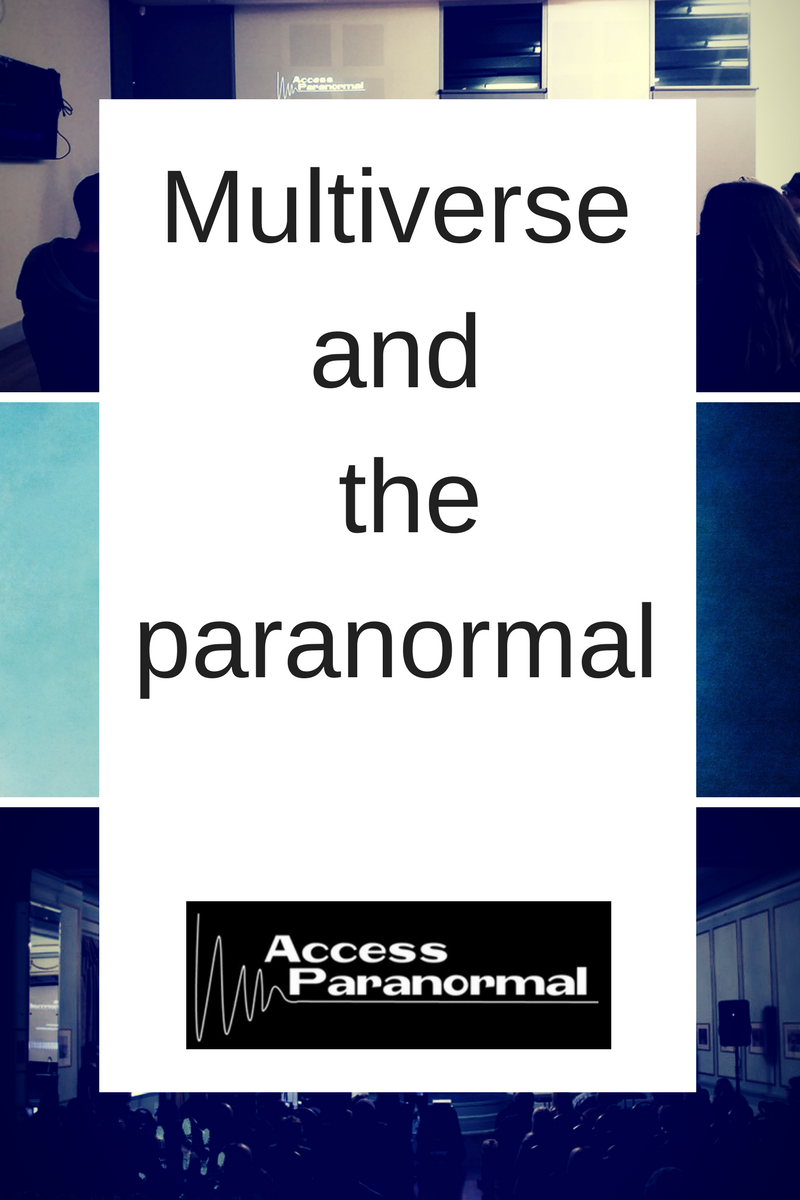Ghost hunting apps – do they work?
I’m first going to admit I've actually used one originally about six years ago and did so a couple of times. It was the ghost Radar – yes. But we do have to ask the question… do they actually work?
Well, yes and no.
Now, you are probably thinking that isn’t the kind of answer from someone like me, but I will explain.
Firstly we'll look at the kinds of features that ghost apps actually claim to have.
Some say they detect EMF and also “measure EVP”. But as we know as paranormal investigators you can’t actually measure EVP’s (Electronic Voice Phenomena) but can only record them. It's a sound that has been recorded audibly that wasn’t heard at the time. If it was heard at the time it's called audible phenomena so for something to be measured that you can't hear at the time is somewhat inaccurate.
This would also lead me to believe that those who are making the technology and engineering these apps aren’t paranormal investigators. For example some apps claim they do “sound manipulation” which in reality is a fancy word for Ovilus. The Ovilus is also an app which is meant to use the EMF fluctuations in the atmosphere and this in turn is meant to trigger words from a built in dictionary. There are even some apps claiming to be temperature gauges.
But the time I first used a ghost app to now, technology has certainly changed.
So, I got testing!
My main aim was temperature, EMF detection and FM/AM radio. I had these apps open at home, on the train (yes I did have some funny looks) and even at work and luckily because of what I do at work I can have equipment at my disposal to confirm any readings these apps might produce.
For instance, there are FM tuners in an iPhone and of course an Android, although it's digital it's not analogue. You can have the option of having an FM Tuner for your phone but it works as a separate attachment that you plug in.
GPS is also in every smart phone which gives the indication that it can detect EMF and radio frequencies. I also tested out an app claiming to detect EMF by putting it next to my laptop and the reading was 0.5 miligauss. When I put my Mel Meter next to my laptop there wasn’t any readings at all. I moved it away and used the app again, and it had a reading of 0. I tried again with my Mel Meter and it still returned the same result of 0. So smart phones do have the capacity to “pick up” some EMF and they obviously receive RF but when it comes to detecting they aren’t very accurate.
There is also a temperature gauge in a smart phone that is not only temperature but pressure as well which ironically is good for people who are out fishing. Have you ever had your phone overheat and it has a warning message appear? That’s the same technology working right there. As for those out fishing, if there is a decent change in barometric pressure they know a storm is on its way. And although this is useful, smart phones don’t have the technology (yet) to detect “ambient” temperature.
So, I tested one app that claimed to be a temperature detection and as soon as I opened it once downloaded it said that the temperature was 37 degrees Celsius (about 106 F). And, it certainly wasn’t that temperature at all!
There are however little devices you can actually buy and plug into the actual phone. I think it might even be a certain socket that you've got depending on the make of your phone and you can actually plug that in and it can detect temperature. So that's the best way if you want to use your phone for temperature readings but the apps out there at this point in time can’t detect ambient temperature.
If you are going to use these apps (and it's up to you) I would use them in a social setting with friends and not in a paranormal investigation. Especially the Echo Vox or Ovilus – it can be quite entertaining.
These phones have the capacity to run these types of functions but not at the level and advanced or sensitive nature that investigations need.
I’m a little old-fashioned and I prefer to use a device that actually does just what its designed to do. You are going to get better quality and also more accurate readings. So, for instance, my Mel Meter. It has the antenna as well for the REM function and it has temperature detection as well as the standard EMF (I won’t be using a Mel Meter to make a phone call!).
My biggest concern though, is that there may be people that feel something possibly paranormal is happening in their home and they turn to these apps to help find answers. I wouldn’t advise it if this was the case because they are fairly inaccurate.
And if you are still looking at purchasing these apps, they all claim to be for entertainment purposes only.
But try it out, see how you go. I would use them in a social setting and definitely not during a private/residential/domestic case. Test these apps out for yourself, take notes, do research, repeat the testing in different environments, see if there is a pattern, see if there is a difference of quality, and make your own analysis.








